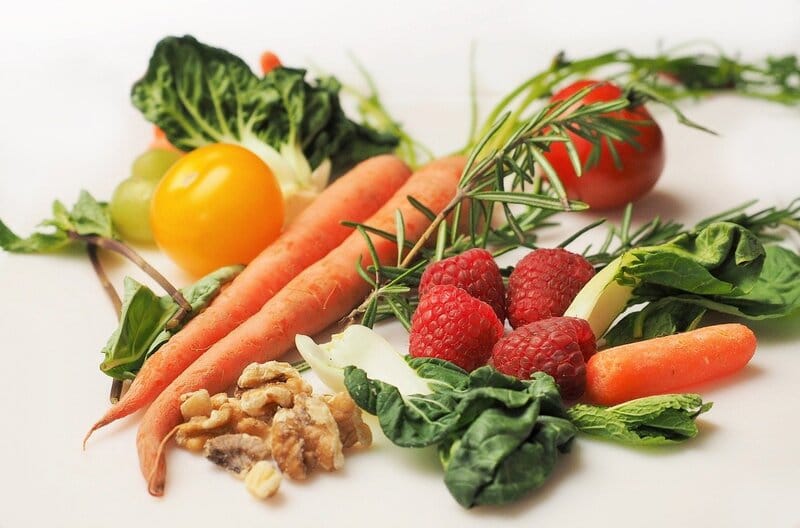Each year, over a third of all food intended for human consumption is thrown away- enough food to feed all the world’s 800 million starving people twice over. A lot of this waste is due to fresh fruit and vegetables being deemed too unattractive to be sold, despite being just as nutritious. While each country has its own scale of what is considered sellable produce, let’s look at the food that is wasted the most around the world, and how we can save them from the bin.
—
According to 2016 data from the Food and Agriculture Organization of the UN, these are the most wasted foods, with the percentages indicating the portion of the world’s total food waste that each food category represents:
1- Potatoes, beets, radishes, and carrots — 46.2%
Each year, 3 billion pounds of potatoes are thrown out, enough potatoes for 6 billion people.
2- Fruits and vegetables — 45.7%
Each year, at least half of the fruits and vegetables produced by the world are lost and wasted due to drought, pests, problems with storage, transportation and retail.
3- Tuna, salmon, shrimp and other seafood- 34.7%
In 2016, aquaculture yielded 80 million tons of fish- becoming the largest source of seafood in the world. Marine fisheries, by comparison, yielded 79.3 million tons, and freshwater fisheries produced 11.6 million tons.
Unfortunately, while more than 33% of fisheries are overfished, with the worst instances of unsustainable fishing taking place in Mediterranean and Black Sea, the Southeast Pacific, Southwest Atlantic, the sheer waste and inefficiency of boats is staggering. More than 27% of all captured fish is either thrown away or rots on decks before it’s sold- around 50 million tons of potential food.
You might also like: Bill Gates-Backed Startup Aims to Make Green Hydrogen Cheaper
4- Cereal, bread and rice — 29.1%
About 347 million tons of cereals are wasted each year, which includes bread and rice.
5- Lentils, green peas, chickpeas and seeds that make oil — 22.1%
6- Chicken, beef and pork — 21.5%
Households waste around 570 000 tons of fresh meat each year, with a value of £1,300 million, and nearly half of it could be used. That’s about 50 million chickens, 1.5 million pigs and 100,000 beef cattle. Globally it’s close to 12 billion animals.
7- Milk, yogurt and cheese — 17.1%
17% of all yoghurts go to waste, totally 1.5 million tons thrown away each year. 50% of the yoghurts thrown away by consumers are in unopened packaging.
In the UK, 90% of milk waste occurs in households with 290 000 tons thrown away each year.
How To Avoid Wasting Food
Each time you go shopping, be sure to write up an itemised shopping list so that you only buy what you need.
Secondly, improper storage leads to a massive amount of food waste. Many people are unsure how to store fruits and vegetables, which can lead to premature ripening and, eventually, rotten produce.
For instance, potatoes, tomatoes, garlic, cucumbers and onions should never be refrigerated. These items should be kept at room temperature. Separating foods that produce more ethylene gas from those that don’t is another great way to reduce food spoilage. Ethylene promotes ripening in foods and could lead to spoilage. Foods that produce this gas include bananas, avocados and peaches.
These are just some ways that we can cut down on the massive amounts of food waste plaguing the planet. When there are nearly 1 billion starving people around the world, it should not be the case that so much food is wasted.

















